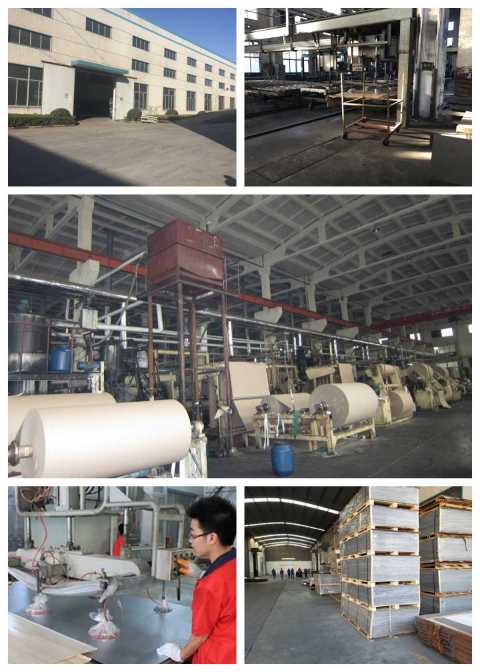Phenolic Boards
Phenolic boards are a reliable and versatile material, used in many areas of laboratories. Laboratory environments have high demands for precision, safety, and durability.The materials used for furniture and equipment here can greatly affect the quality and efficiency of research and experiments. And the combined properties of this boards allow them to meet the strict requirements of such environments well.
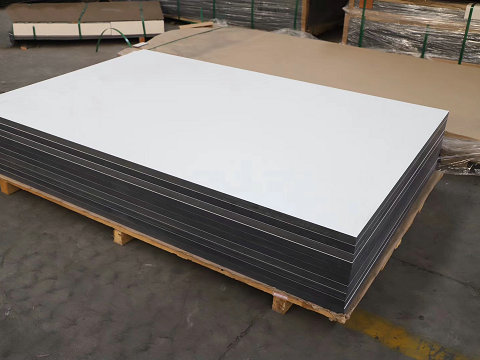
Boards specification
| Phenolic boards | School laboratory |
|---|---|
| Chemical resistant | SEFA3-2010 |
| Material | Phenolic resin |
| Type | Sheet |
| Color | Black, Light grey, White, Light blue |
| Size (foot) | 5×12 |
| Size (mm) | 1512×3660 |
| Thickness(mm) | 12.7 |
| Surface finish | Matt |
| Density | 1.51 |
| Certificate | SGS |
| Mini order | 30 |
Feature
Excellent Chemical Resistance for Safe Experimentation
One of the most notable advantages of phenolic boards in laboratory applications is their excellent chemical resistance. Laboratories are often filled with a wide range of chemicals, from acids and alkalis to solvents, all of which can pose a threat to the integrity of materials. Phenolic plates are engineered to withstand the corrosive effects of many common chemicals. For instance, in a general chemistry laboratory, where acids like hydrochloric acid and sulfuric acid are frequently used, phenolic sheets can resist surface degradation and maintain their structural stability.
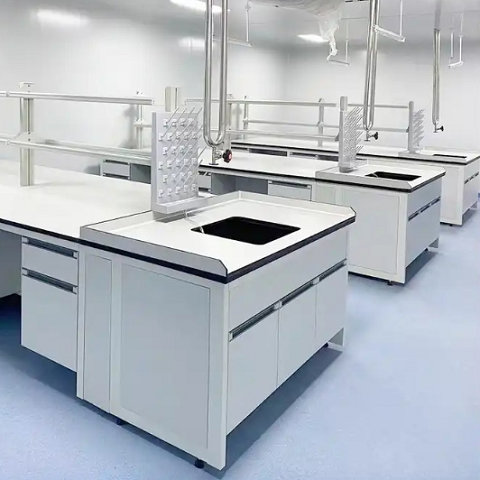
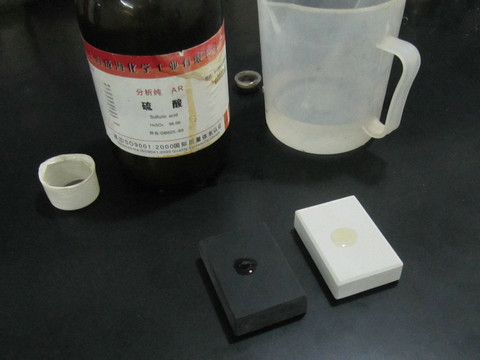
The chemical resistance of phenolic resin panels stems from their composition and manufacturing process. They are typically made by impregnating layers of paper or fabric with phenolic resin and then subjecting them to high pressure and heat. This process creates a dense, cross – linked structure that acts as a barrier against chemical penetration. As a result, phenolic panels can be used for constructing laboratory benches, fume hood liners, and storage cabinets, protecting them from chemical spills and ensuring the safety of laboratory personnel.
Phenolic boards Cost – effective Solution for Laboratories
Cost is a crucial consideration for laboratories, especially educational institutions and smaller research facilities with limited budgets. Phenolic boards offer an attractive cost – effective alternative to more expensive materials such as epoxy resin or stainless steel. Despite their relatively lower cost, this boards do not compromise on essential performance features.


They provide a good balance between durability and affordability. For example, in a school laboratory, where multiple classes of students conduct experiments daily, phenolic resin countertops can withstand regular use and minor chemical spills without requiring frequent replacement. This cost – effectiveness allows laboratories to allocate their resources more efficiently, investing in other critical areas such as equipment and research supplies while still ensuring a reliable and functional workspace.
Good Physical Properties for Long – term Use
Phenolic boards also possess good physical properties that contribute to their longevity and usability in laboratories. They have a high hardness and wear resistance, enabling them to endure the constant movement of laboratory equipment, the placement of heavy instruments, and the friction caused by daily operations. Whether it’s the sliding of a microscope across the bench or the repeated opening and closing of cabinet drawers, phenolic panel surfaces can resist scratching and surface damage.
In addition, phenolic resin sheets have a certain degree of impact resistance. In a busy laboratory environment, accidental collisions are inevitable. The ability of phenolic panels to absorb impact helps prevent cracks and breaks, reducing the risk of costly repairs or replacements. This makes them a practical choice for areas where heavy or bulky equipment is frequently handled, such as in a physics or engineering laboratory.
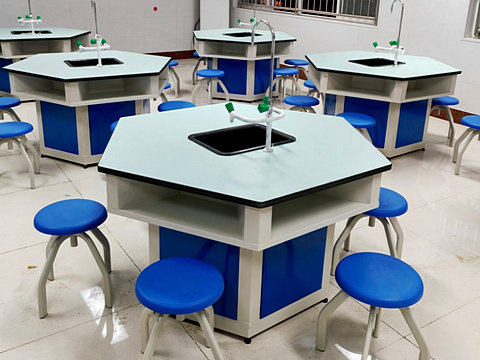
Hygienic and Easy – to – clean Surfaces
Maintaining a clean and hygienic environment is of utmost importance in laboratories, particularly those involved in biological or medical research. Phenolic boards have smooth, non – porous surfaces that are resistant to the growth of bacteria and the accumulation of dirt. This characteristic makes them easy to clean and disinfect, which is essential for preventing contamination and ensuring the accuracy of experiments.
In a microbiology laboratory, for example, where strict hygiene standards must be adhered to, phenolic resin sheet surfaces can be quickly wiped down with common disinfectants without being damaged. The ease of cleaning also saves valuable time for laboratory staff, allowing them to focus more on their research tasks rather than spending excessive time on maintenance.
Chemical resistance

Heat resistance
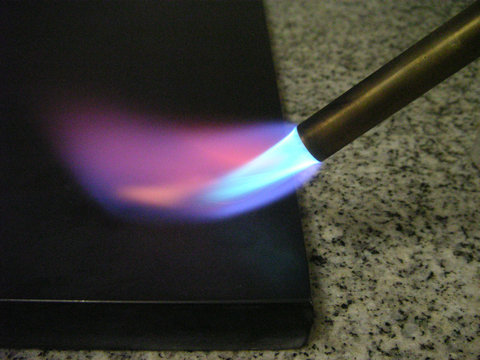
Certificate
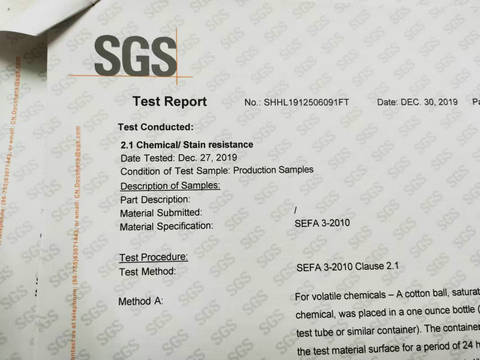
Phenolic resin sheets packing

A professional phenolic boards suppler
